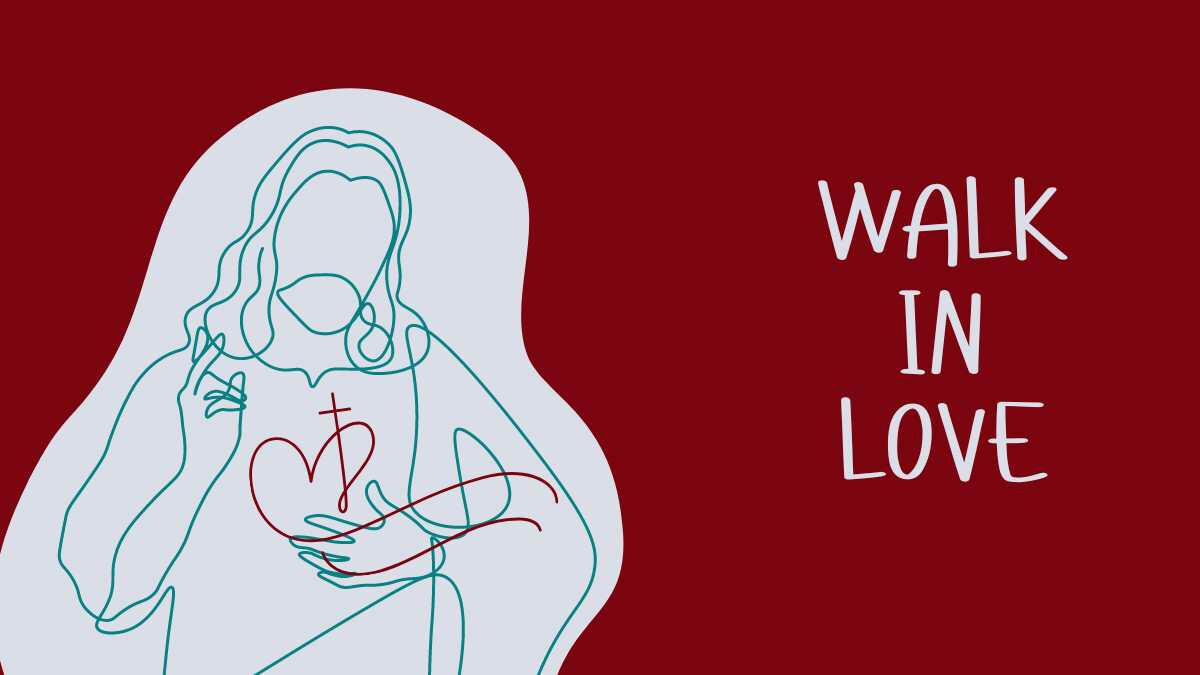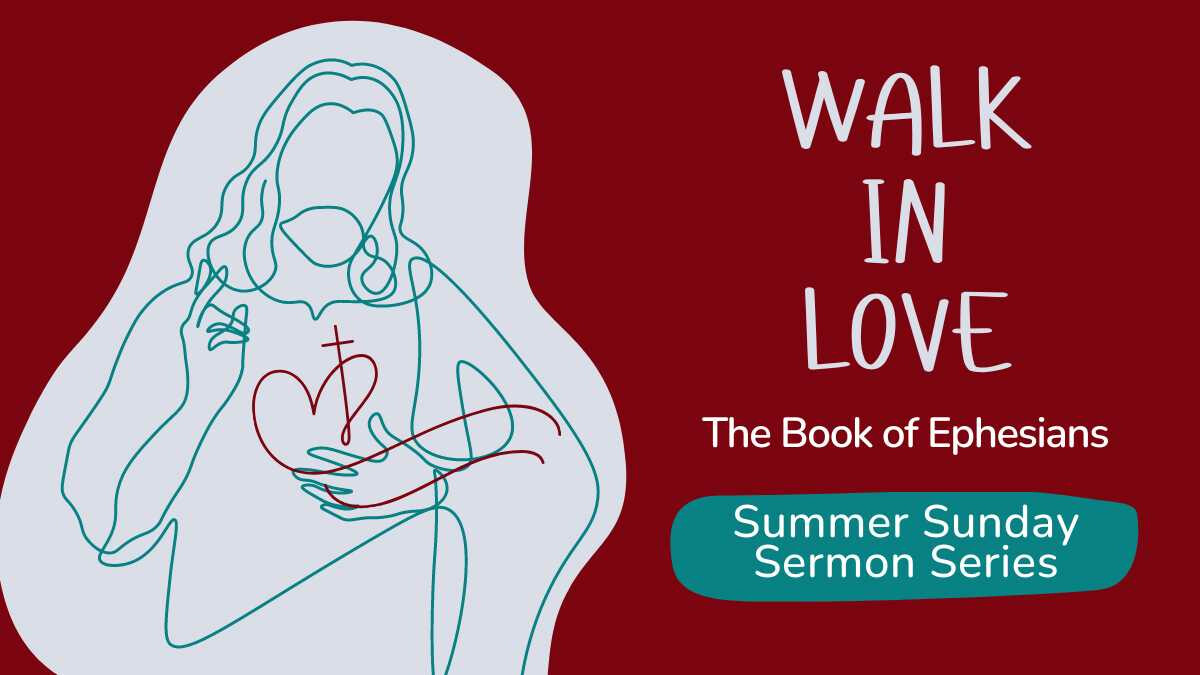
Day 12
“And you were dead in your trespasses and sins, in which you formerly walked according to the course of this world, according to the prince of the power of the air, of the spirit that is now working in the sons of disobedience. Among them we too all formerly lived in the lusts of our flesh, indulging the desires of the flesh and of the mind, and were by nature children of wrath, even as the rest.” Ephesians 2:1-3
With these words, “and you were dead,” Paul finally began the body of his letter. Prior to this, the entire first chapter followed the formal, standard greetings of ancient letter writing. Now Paul gets us to his main point. Though the message of the Gospel is gloriously encouraging, we begin with our need. We need the Gospel of Jesus Christ for without it we are dead. The weightiness of this statement cannot be emphasized enough. Outside of a relationship with God through faith in His Son, Jesus Christ, we are dead, a death that is forever. From the beginning, God gave humanity a clear and exacting principle. The consequence of sin is death. Adam and Eve broke the one commandment that God gave to them. The death process, though slowed by the mercy of God through His gracious temporary provision for Adam and Eve, eventually overcame them. Though not immediately, Adam and Eve died as a result of their decision. Not only Adam and Eve, but all of their offspring also died. “Death reigned from Adam to Moses” even though the formal codification of divine law had not yet been given. Death shouts to us and confronts our sinful hearts. The grave accuses and convicts us that we are sinners. This is the fundamental principle of divine revelation. Sin brings death.
However, though the final expression of death, the physical dying everyone will experience, the death process begins long before any phone call to the funeral home. Notice the ironic words “and you were dead in you trespasses and sins in which you formerly walked.” Dead people don’t walk. Dead people can’t trespass or sin. Yet the Bible speaks of a death for those who by all appearances seem very much alive. In Luke 9:59-60, Jesus invited a man to follow him. Here is the man’s reply and Jesus’ critique of the man’s reply. And He (Jesus) said to another, “Follow Me.” But he said, “Lord, permit me first to go and bury my father.” But He said to him, “Allow the dead to bury their own dead; but as for you, go and proclaim everywhere the kingdom of God.” Interesting statement. “Let the dead bury the dead.” Jesus endorsed two categories for the dead. There are the dead in the normal way we think of death, people who have died physically. The end result of their death is a funeral. There are also the dead, who seem to be alive enough to bury the dead. These are also very much dead though they seem to be alive. This man’s refusal to follow Jesus marked him as being in a state of spiritual death. He was alive enough to dig a grave for his family member, but he was a dead man, completely unaware. His rejection of Jesus left him in a state of spiritual death
Much of biblical theology hangs on this fundament principle that sin leaves us in a state of spiritual death, while being alive physically, it is possible to be simultaneously dead spiritually. Paul described the church, prior to their faith in Christ, as walking in their sins, walking in their spiritual disobedience, and walking under the sway of the devil. Just as the church at Ephesus had been under the weight of spiritual death, in verse 3 Paul included himself in their plight. “We too all formerly lived…” Paul, a religious Jew, was no different than the pagan Ephesians. All people are in a state of spiritual death, a death that dominates our entire experience. This death experience continues forever unless God intervenes. We cannot work our way out of it. We cannot give money or attend religious ceremonies to get out from under it. There are no amount of religious rituals or good deeds to bring dead people to life. Dead people cannot help dead people. We cannot help ourselves and we cannot help each other. Only God can bring dead people back from the dead. The first theological principle is that sin brings death. The second theological principle is only God can overcome the power of death. As Jesus told Nicodemus, “You must be born again.” Our first birth brings us into a sinful and fallen world. We need God to intervene. Just as God breathed life into Adam at the beginning, God must also breathe life into us. We need Him to do a miraculous work in order for us to come alive. This miracle comes from God. He does the miracle to us through our faith in His Son, Jesus Christ. Outside of Christ, we are dead. Without Christ, we remain dead. God breathes life into us only when we put our trust in Jesus. As we put our trust in Jesus, God miraculously brings us to life.
Suggested prayer: God, we are dead without Your grace to make us alive. We see that our choices have placed us under the natural consequences of spiritual death. We confess that only through Jesus can we be alive. We confess that we cannot save ourselves. We confess that only You, Lord Jesus bring life were there was death. Thank You for making me alive. I affirm my faith is completely in Jesus Christ, in His death and resurrection.



Login To Leave Comment